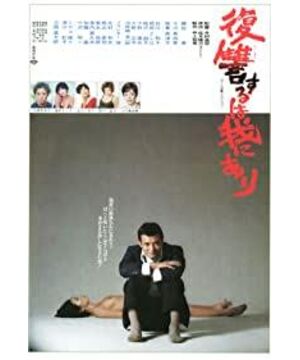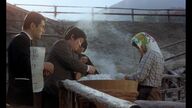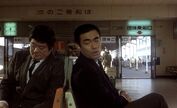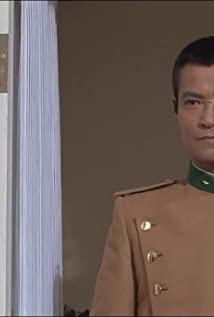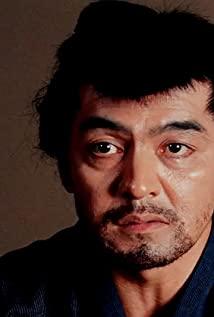Even though I have been immersed in the violence of Korean crime movies for a long time, "Vengeance Is Me" still gave me a lot of shock. The presentation of the lengthy murder process not long after the opening and the way of washing off the blood on the hands create a sense of reality, and the documentary events and incident reports also enhance the creation of the sense of reality. The director is obviously shooting as a real event, and when the audience faces the overly realistic details of violence, their sense of unease arises spontaneously.
The movie doesn't stop there. Acts that challenge the bottom line of morality, such as incest and killing pregnant women, are also challenges to the audience. And such an act was done by a Catholic family member. One can't help but ponder whether God exists, and even Li Cangdong can't make such a bold question about religion. The director is obviously critical of everything in the world, and the truth about the world is very clear in the scene where Gu Jinyan walks into the eel factory. A piece of eel you and I are entangled in the pond, although alive, it seems to be in a frying pan, showing a sense of hell. And Gu Jinyan is like the eel that broke away from the group and died alone in the gutter.
And the reason for such moral decline is given in the movie by the Japanese army recruiting Catholic fishing boats during World War II. This scene is the earliest on the timeline, so it can also be seen as the origin of the matter. In this time, the choice that Zhu Jinyan's father gave up also caused him to give up respect for his father. The image of God represented by Father Sui was also discarded by Gu Jinyan, and the teachings became dispensable. This one represents the collapse of religious belief in the Age of Reason, that is, God is dead. The whole film is also the possibility of freedom for descendants who lack belief. Gu Jinyan himself also said why he did not surrender immediately after murdering, because it was for freedom. From this point of view, the film discusses the Nietzschean theme in Crime and Punishment, the superhuman theory that transcends moral constraints. Gu Jinyan obviously did not have the entanglement of Raskolnikov, but he still did not completely transcend the shackles of morality, which was manifested in his inability to kill his father. Also in the matter of killing his pregnant mistress, why did he kill it, in fact, the externalization of his deep guilt, he believed that he was sinful, and his children would have the same sinful bloodline, Just as he inherited from his sinful father. He saw through his father's sanctimonious appearance, convicted him, and thus convicted himself. So he is not really free.
The three scenes in the film are impressive, one is the leather boots hanging in the eel farm, which foreshadows the ending of Gu Jin Yan. The other scene is a transition through the same picture, wonderful pen. And the freeze frame of the movie when the ashes are scattered at the end. It can be interpreted as either God's punishment to Gu and refusing him from the kingdom of heaven, or it can be seen as Gu's own resistance to the gate of the kingdom of heaven. The latter is the restoration of man's right to speak, and the judgment of man against God.
View more about Vengeance Is Mine reviews


